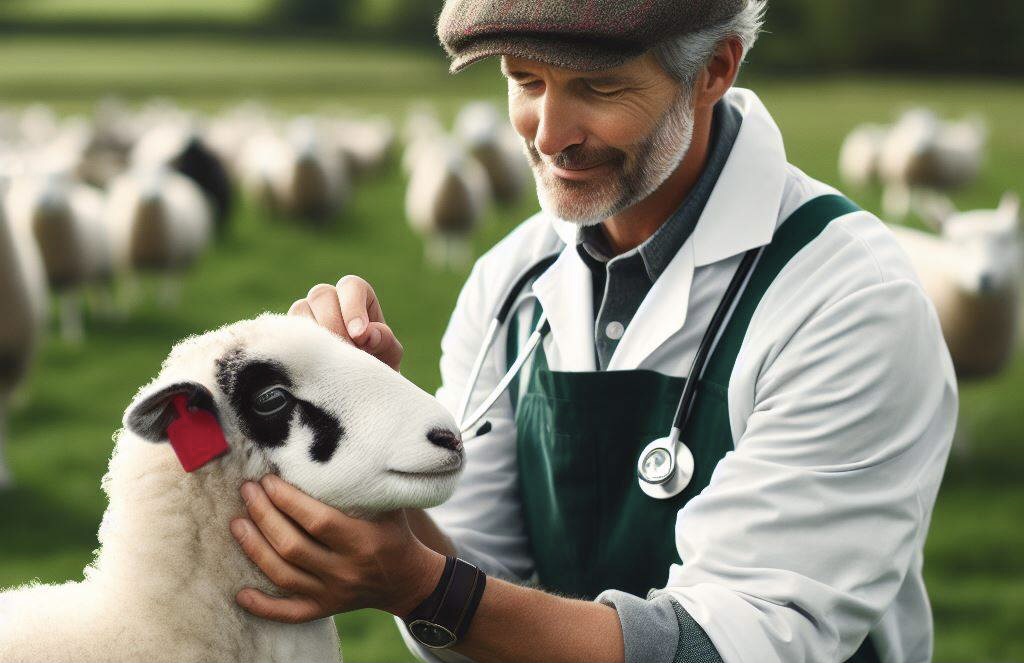
Sheep Health and Disease Management. Part 7
Maintaining the health of your sheep is paramount for a successful farming operation. Regular worming, pest control, preventive measures against fly-blown disease, and biosecurity protocols are essential to keep your flock healthy. Here’s how to ensure the well-being of your sheep:
- Worming:
-
- Regular Schedule: Implement a regular worming schedule for your sheep using commercial worming products specifically formulated for sheep. Consult with a veterinarian to develop a tailored deworming program based on factors such as flock size, grazing conditions, and local parasite prevalence.
- Fecal Egg Counts: Monitor the efficacy of your deworming program through regular fecal egg counts. This helps determine the presence and severity of internal parasites and ensures that your worming protocol is effective.
- Pest Control:
-
- Dipping: Periodically dip your sheep in an appropriate insecticide solution to control external parasites such as ticks, lice, and mites. Follow manufacturer instructions carefully and ensure proper dilution rates to avoid toxicity or ineffective treatment.
- Shearing: Shearing sheep regularly can help reduce the risk of pest infestations by removing excess wool where pests may hide. Additionally, maintaining a clean and well-ventilated environment minimizes favorable conditions for pest proliferation.
- Fly-Blown Disease Prevention:
-
- Tail Docking: Docking sheep tails reduces the risk of fly-strike or fly-blown disease, where flies lay eggs on soiled wool around the tail area, leading to maggot infestations. Tail docking should be performed using proper techniques and hygiene practices to minimize discomfort and risk of infection.
- Crutching: Crutching involves shearing the wool around the rear end of sheep to prevent urine and feces from soiling the wool, reducing the attractiveness of the area to flies.
- Disease Prevention and Biosecurity:
-
- Foot-and-Mouth Disease: Foot-and-mouth disease (FMD) is a highly contagious viral disease that affects cloven-hoofed animals, including sheep. Implement strict biosecurity measures to prevent the introduction and spread of FMD, such as restricting access to the farm, disinfecting equipment and vehicles, and monitoring for signs of illness.
- Vaccinations: Work with a veterinarian to develop a vaccination protocol tailored to your farm’s specific disease risks and geographical location. Vaccines may be available for diseases such as clostridial infections, lamb dysentery, and other endemic diseases in your area.
By implementing preventive measures such as regular worming, pest control, fly-blown disease prevention, and biosecurity protocols, you can safeguard the health and well-being of your sheep flock. Stay informed about emerging disease threats and consult with veterinary professionals for guidance on disease management and control strategies tailored to your farm’s needs.

